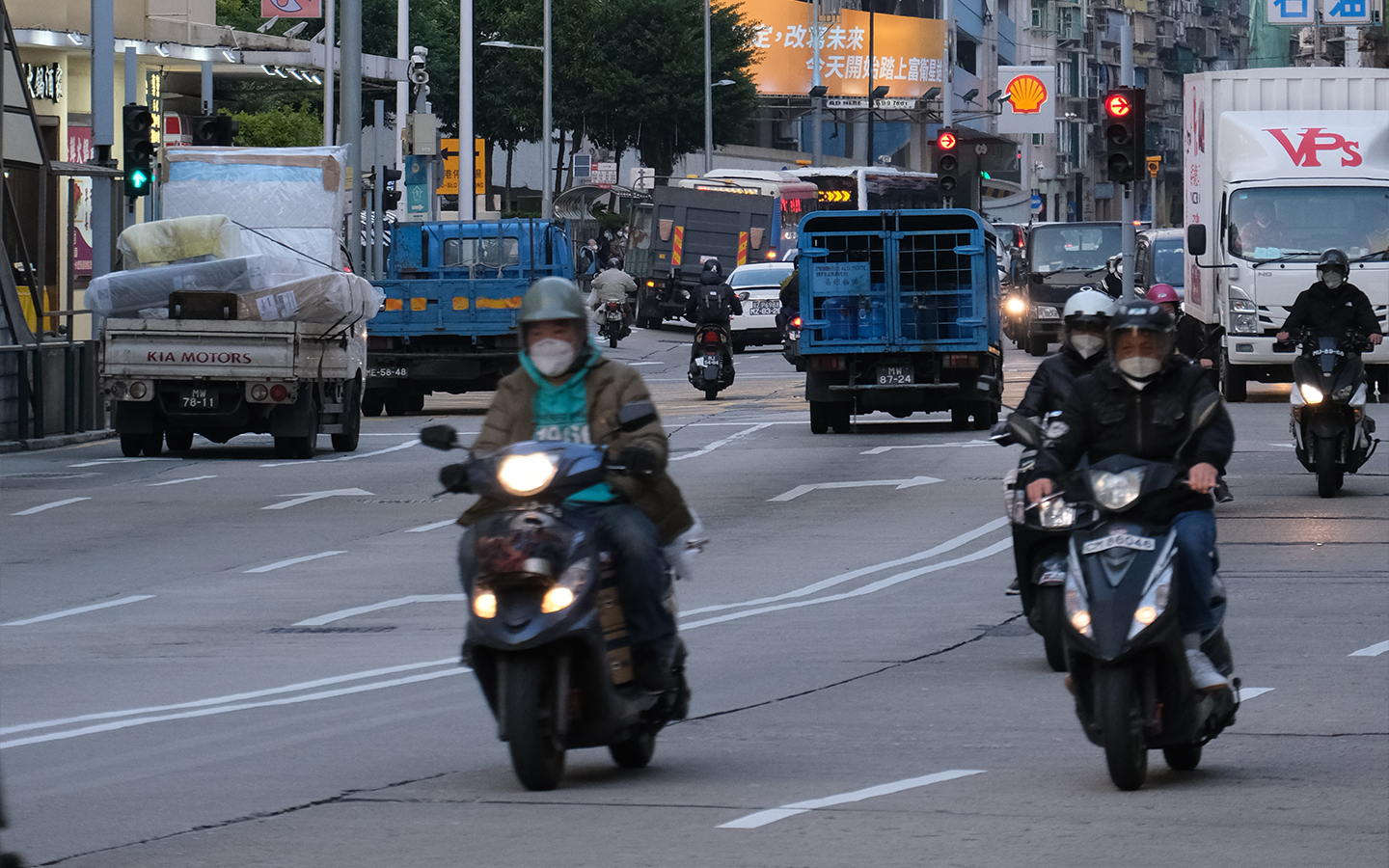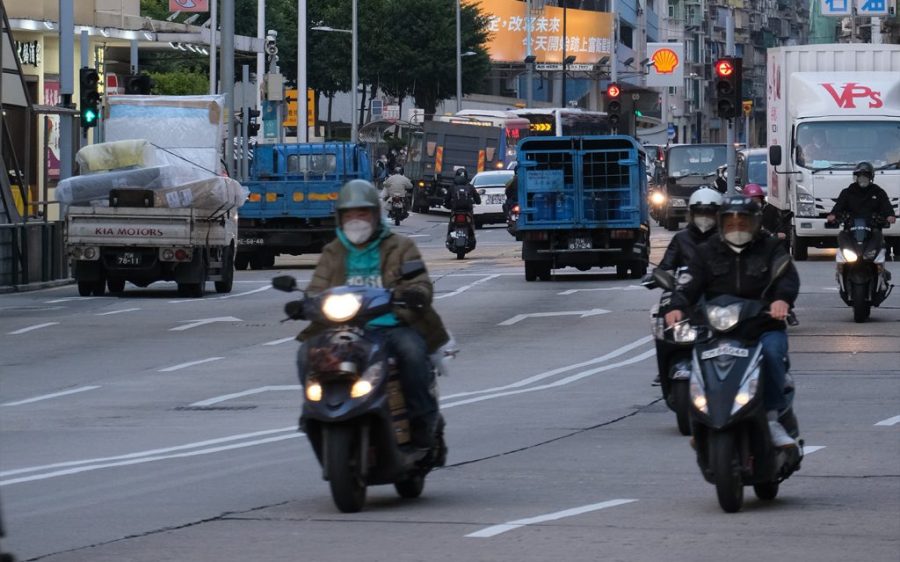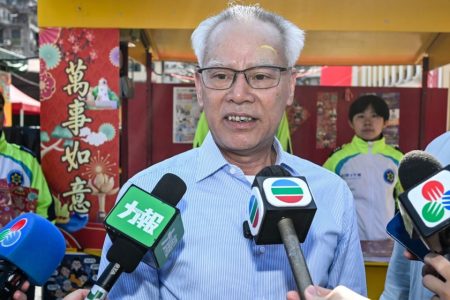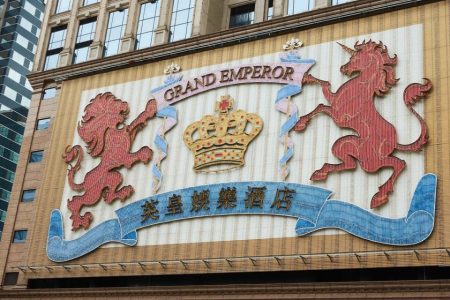Macao aims to reach its carbon peak by 2030 and achieve near-zero emissions before 2050, according to the government’s recently unveiled decarbonisation strategy.
To achieve this, a large number of more specific strategies are already being rolled out, including public transport improvements, tax incentives to encourage people to buy electric motorcycles, more electric vehicle charging stations in parking lots, and better recycling facilities.
In a statement, the Environmental Protection Bureau (DSEP) said this was in-line with central authorities’ aim for overall carbon neutrality by 2060.
[See more: The GBA’s enormous offshore wind power plant is now fully operational]
Macao’s new strategy involves six main pillars. These are: building a low-carbon power system; the green transformation of land transport; energy conservation and clean energy alternatives; at-source waste reduction (and using waste as an energy source); low carbon lifestyles for the general public; and regional cooperation in technological innovation.
DSEP’s statement also noted that the SAR had achieved its 2021 emissions reduction target – a 40 percent reduction when compared to 2005 – a year ahead of schedule.
The Macao government has since readjusted this goal to 55 percent carbon emissions reduction by 2025, using the same year as a base, it said.






